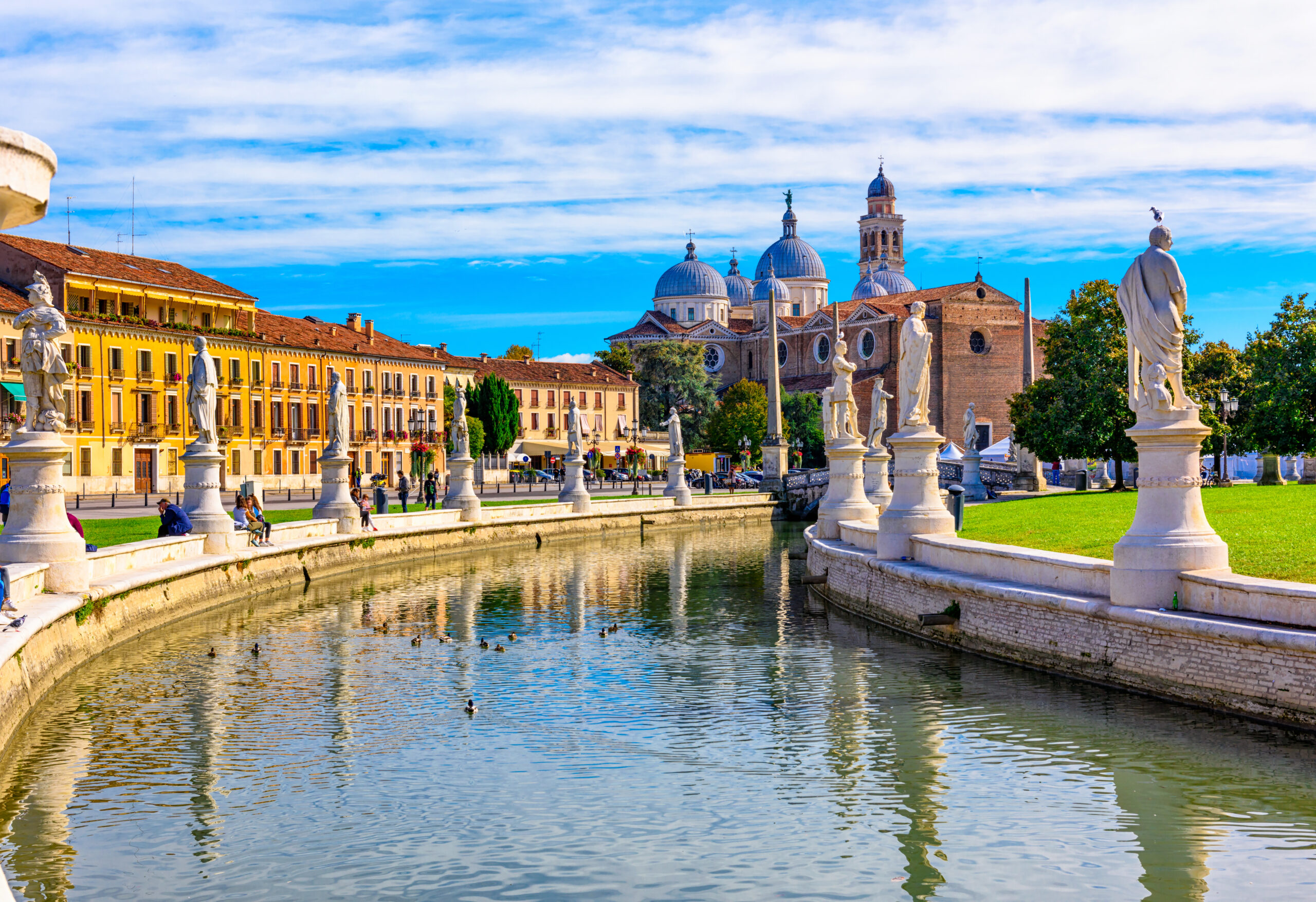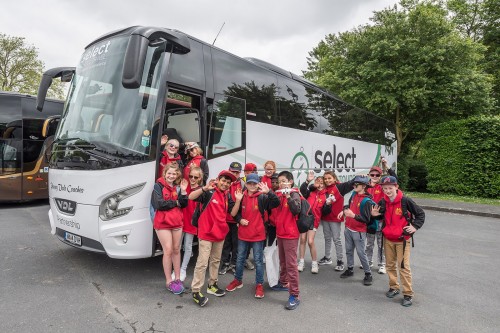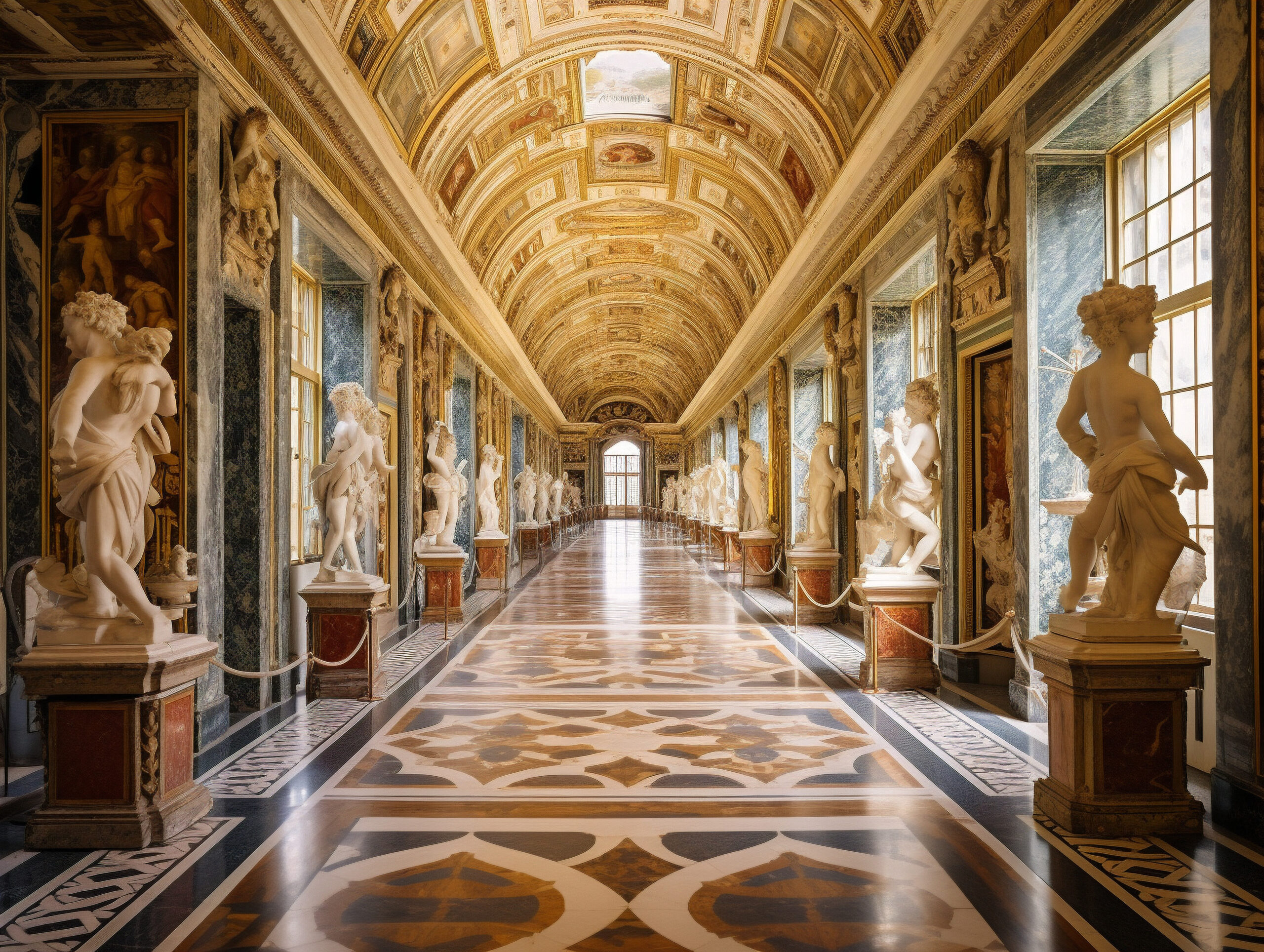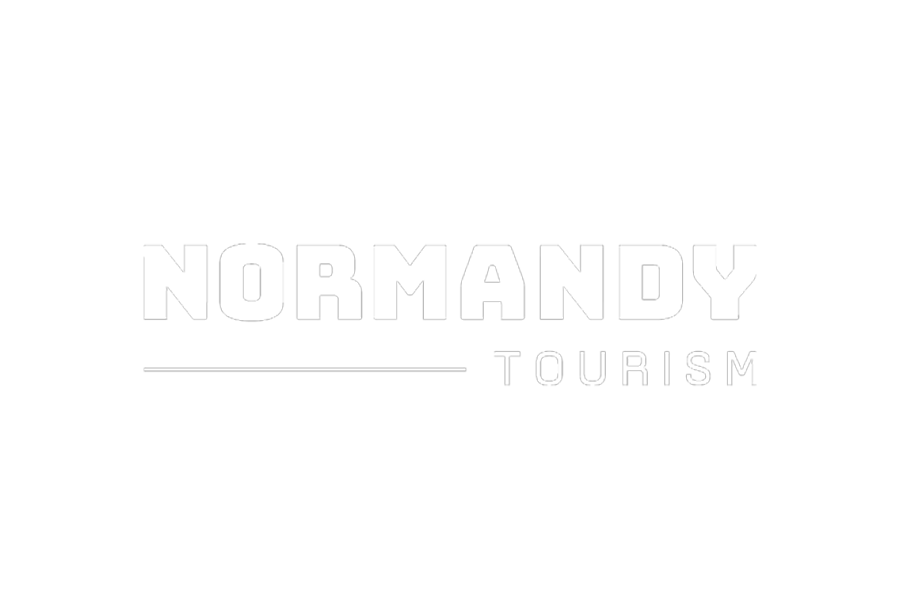Art trip to Rome: 4 days, 3 nights
Your art tour to Rome will enable your students to see the wonderful art of Italy along with taking in the beautiful aesthetics and architecture that Rome has to offer. Metro travel makes Rome accessible, but we recommend walking as it enables you to absorb the beauty of this ancient Roman city. Our suggested itinerary is there to offer ideas but we will tailor make your tour to meet your needs and curriculum requirements.
Similar tours
Excursion Ideas
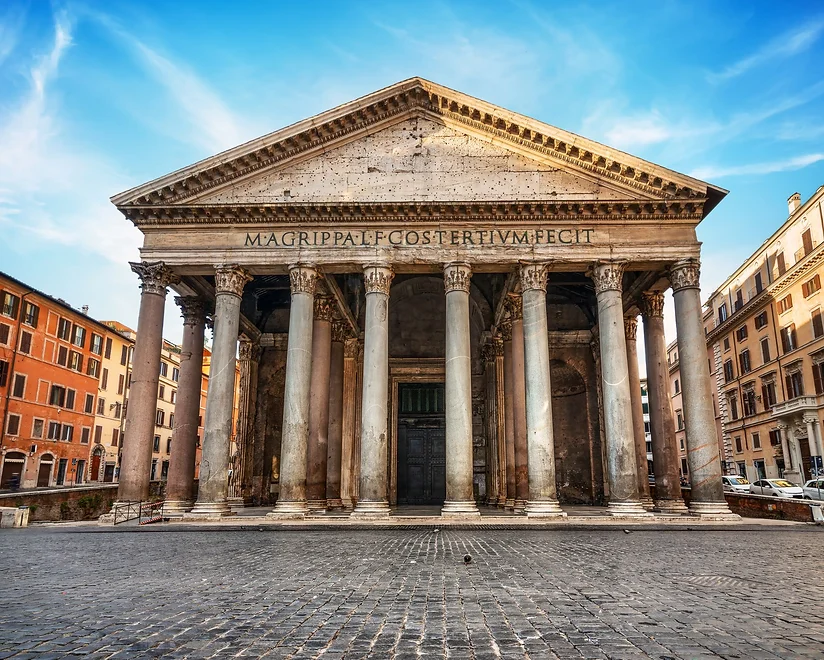
Pantheon
Subject range: History, Classics, Geography
What you’ll experience: The Pantheon, built 118-128 AD, is the most complete and best preserved of the ancient temples due to being in continuous use throughout history. Since the 7th century it has been used as a Catholic Church, dedicated to St. Mary and the Martyrs. The space inside is awe-inspiring – a perfect sphere symbolising the vault of heaven with the height of the dome the same as its diameter creating perfect balance and unique harmony.
Select says: Pantheon is derived from the Ancient Greek word ‘Pantheion’ meaning ‘of, relating to, or common to all the gods’.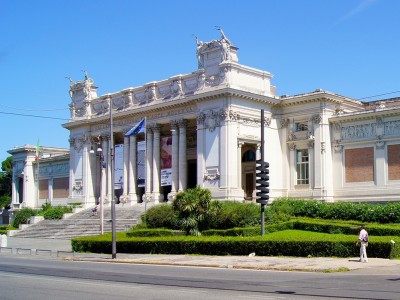
National Gallery of Modern and Contemporary Art
Subject range: Art
What you’ll experience: The collection includes works from many of the major artistic figures of the nineteenth and twentieth centuries including Goya, Blake, Renoir, Rossetti, Van Gogh, Degas, Monet, Cezanne, Mirò, Paul Klee, Kandinsky and Klimt. There are also several works of contemporary art on display.
Select says: To help prepare for your visit the museum website has a virtual 360° tour http://www.gnam.beniculturali.it/index.php?en/456/virtual-tour-360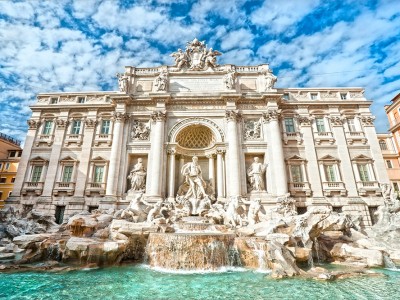
Trevi Fountain
Subject range: Art, Cultural, History, Classics
What you’ll experience: The largest Baroque fountain in the city, the Trevi Fountain is a beautiful, imposing construction that features the central figure of Neptune flanked by two Tritons – one struggles to master an unruly sea horse, the other leads a more docile animal (this symbolises the two contrasting moods of the sea). A traditional legend holds that if visitors throw a coin into the fountain, they are ensured a return to Rome.
Select says: The fountain is mostly built of travertine stone. The largest building in the world constructed mostly of travertine is the Colosseum in Rome.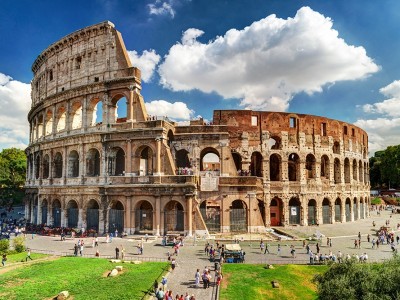
Colosseum
Subject range: Art, Cultural, History, Classics
What you’ll experience: The Colosseum is an iconic symbol of Imperial Rome and the largest amphitheatre in the world, considered one of the greatest achievements of Roman engineering and architecture. A symbol of the pageantry of the Empire and estimated to hold between 50,000 and 80,000 spectators, it was used for gladiatorial contests as well as other public spectacles such as dramas based on Classical mythology. Construction began in 70 AD under Emperor Vespasian. The last recorded games were held there in the 6th century. The monument’s damage was mostly caused by earthquakes. The present-day exterior of the Colosseum is in fact the original interior wall.
Select says: Students will easily be able to imagine shows at the arena and will find it humbling to follow in the steps millions have taken before both as tourists and gladiators. Guides tell the many secrets this historical monument holds and will provide a wealth of information such as the origins of our language – for example, did you know the word ‘arena’ comes from the Latin word for sand which was used to cover the stage where the action took place?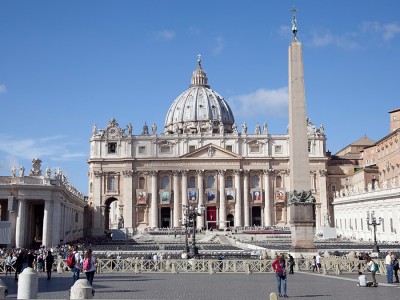
The Vatican City, St Peter's Basilica and the Sistine chapel
Subject range: Art, Cultural, History, Classics
What you’ll experience: The Vatican is the smallest state in the world. It’s full of places of interest to be discovered including the Vatican grounds and Museum with fabulous art work such as the wondrous Michelangelo masterpieces in the Sistine chapel, St. Peter’s Basilica with its beautiful Renaissance architecture, and St. Peter’s Square with the impressive Egyptian obelisk at its centre.
Select says: It is best to visit the Vatican first, entering as early as possible in the morning to avoid the crowds (skip the line with Select’s fast pass into the Vatican) and then make your way to St. Peter’s Basilica. Our tour guides can tailor your tour to suit your requirements.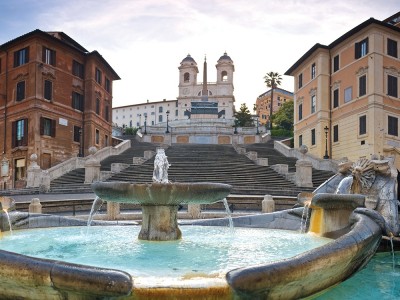
Spanish Steps
Subject range: Art, Cultural
What you’ll experience: A monumental stairway of 135 steps which climbs a steep slope between the Piazza di Spagna at the base and the Trinità dei Monti church at the top. They were built between 1723-1726 and designed by Francesco de Sanctis.
Select says: At the base of the steps in the Piazza di Spagna is the early Baroque fountain called Fontana della Barcaccia which translates as ‘fountain of the ugly boat’.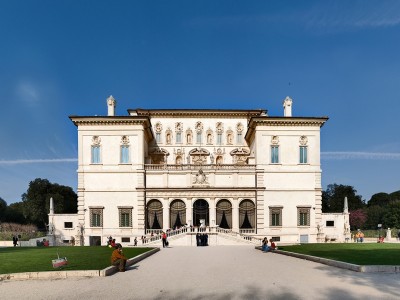
Borghese Gallery
Subject range: Art
What you’ll experience: The Galleria Borghese is set within the beautiful Villa Borghese Pinciana, renowned for its gardens. You will see collections of paintings, sculptures and antiquities. View incredible paintings by artists such as Titian, Caravaggio, Raphael and Rubens and mythological sculptures by Bernini.
Select says: The main floor is mostly devoted to classical antiquities of the 1st–3rd centuries AD and includes a famous mosaic of gladiators dated 320–30 AD. View more information on the gallery’s website including details of upcoming exhibitions: http://www.galleriaborghese.it/artisti/edefault.htm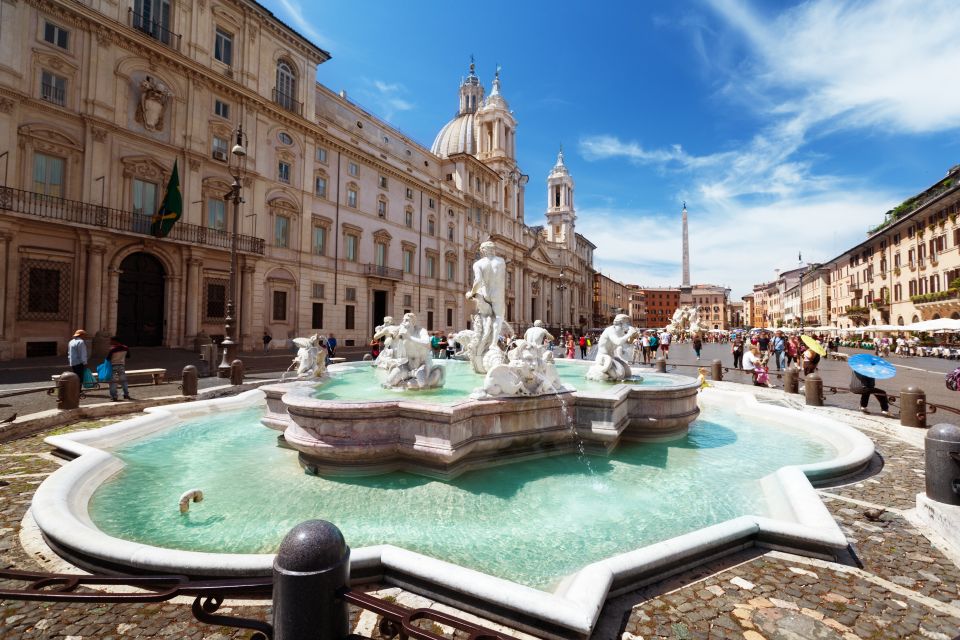
Piazza Navona
Subject range: Art
What you’ll experience: A beautiful square featuring sites such as ‘The Fountain of The Four Rivers’ and ‘Church of Saint’Agnese in Agone’. Students will also be able to see street artists at work in the square sketching portraits.
Select says: Find out more about the square and church: http://www.turismoroma.it/cosa-fare/piazza-navona?lang=en http://www.santagneseinagone.org/recapiti.html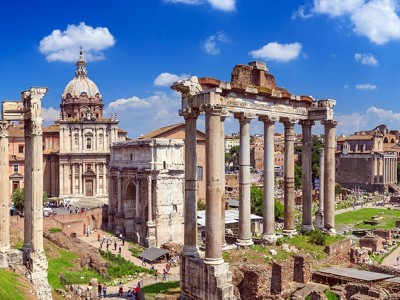
The Roman Forum and Palatine Hill
Subject range: Art, Cultural, History, Classics
What you’ll experience: Once the heart of Roman public life, the Forum is a plaza in the centre of Rome surrounded by the ruins of important ancient government buildings. Many events took place here including public speeches, trials and elections. Located in the small valley between the Palatine and Capitoline hills.
Select says: According to tradition, the Forum’s beginnings are connected with the alliance between Romulus, the first king of Rome controlling the Palatine Hill, and his rival, Titus Tatius, who occupied the Capitoline Hill.
Art trip to Rome: 4 days, 3 nights Accommodation
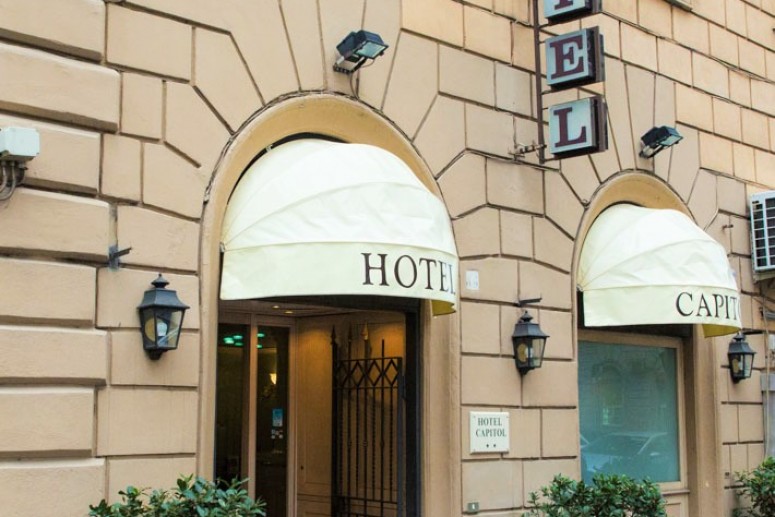
Hotel Capitol
Location:
Capacity: 100
The Hotel Capitol is ideally located near to the Roma Termini Railway Station in the historical centre of the city, and is close to all the main monuments. The Hotel Capitol is located in a historic late Nineteenth century building and staff are friendly and English speaking. A great choice for your school tour to Rome!
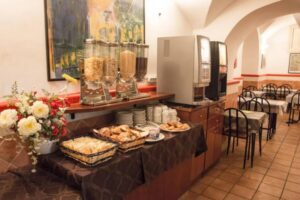
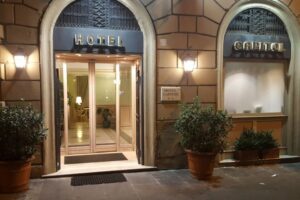
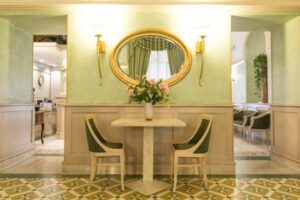
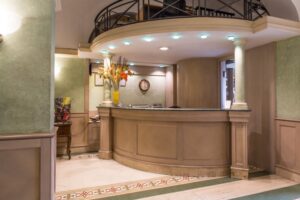
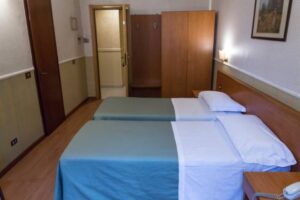
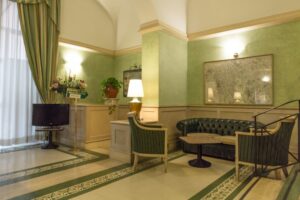
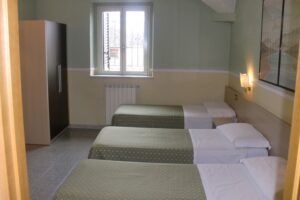
Rooms: Rooms: All rooms have en-suite facilities, TV, air conditioning and WiFi.
Facilities: Facilities: Comfortable reception, the rooms occupy the six upper floors and can be reached by a modern elevator from the mezzanine floor.
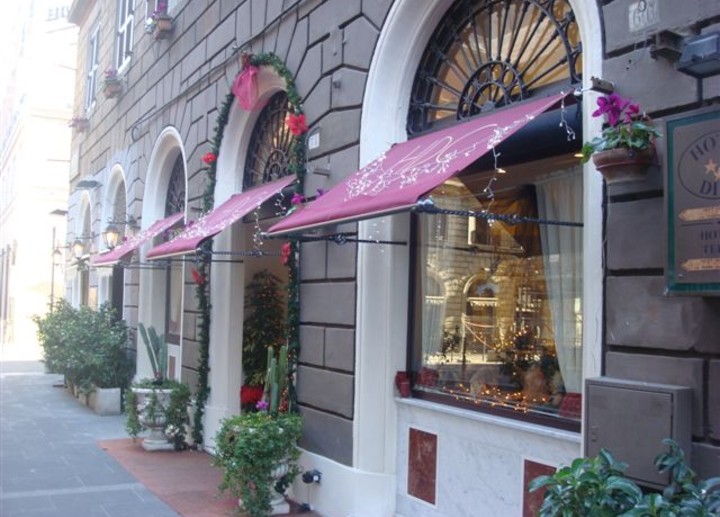
Hotel Dina
Location: Rome
Capacity: 100
Centrally located in Rome, close to the main train station. The Hotel Dina offers authentic Italian style accommodation in a great location.
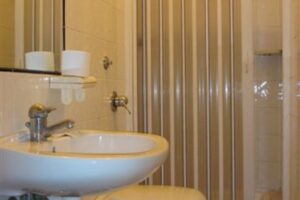
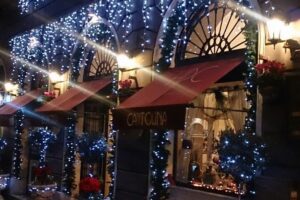
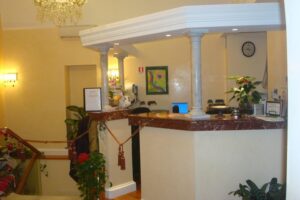
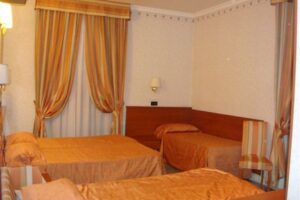
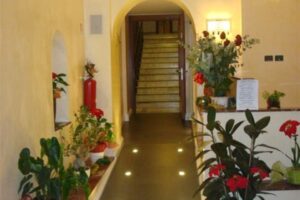
Rooms: Rooms: Bedrooms with en-suite bathroom, television, radio.
Facilities: Facilities: Reception, breakfast room.
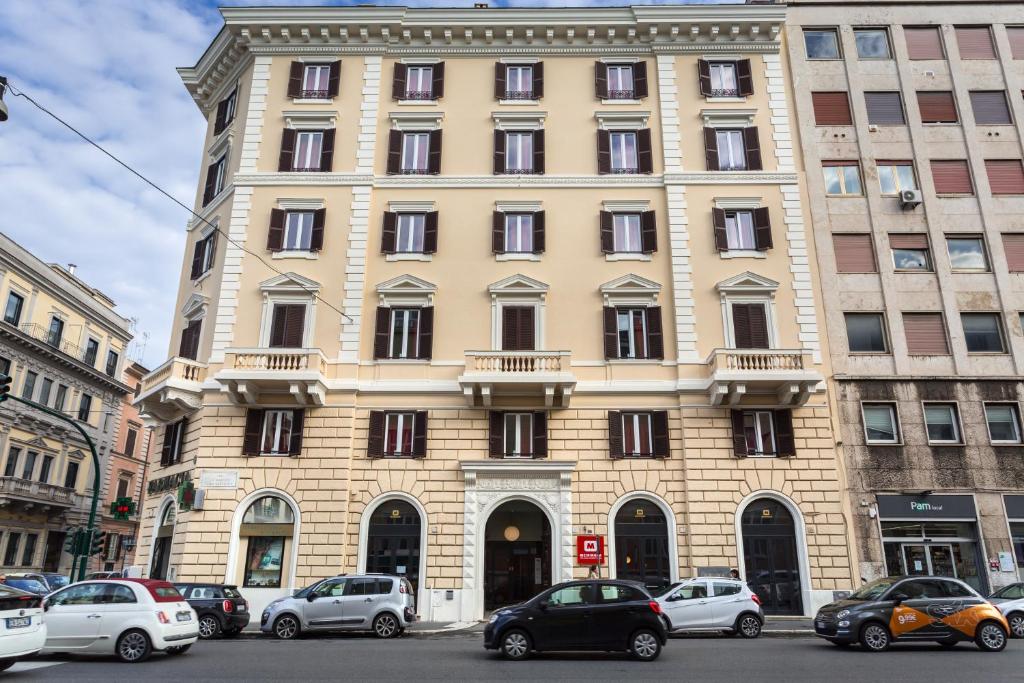
Meininger Roma Termini
Location: Central Station
Capacity:
Located in an old renovated building, near the main railway station, the metro is also only a 2-minute walk away, providing excellent connections to the Colosseum and Roman Forum.
Sights including the Vatican, Spanish Steps and Trevi Fountain can also be conveniently reached from the main station.
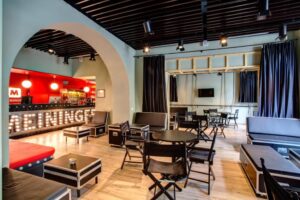
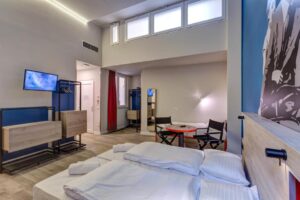
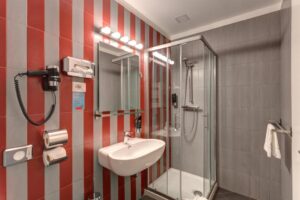
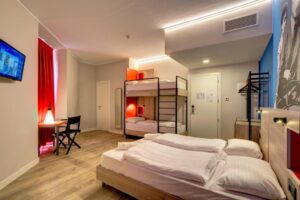
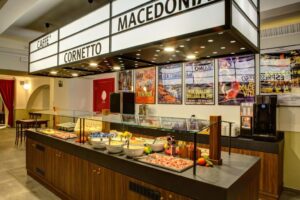
Rooms: Rooms: Bedrooms sleep 2-6 people and some all rooms are en-suite and have air conditioning.
Facilities: Facilities: Restaurant, 24 hour reception.
Links to Learning
Learning areas:
KS3
Aims
- Evaluate and analyse creative works using the language of art, craft and design
- Know about great artists, craft makers and designers, and understand the historical and cultural development of their art forms
Subject content
- To use a range of techniques to record their observations in sketchbooks, journals and other media as a basis for exploring their ideas
- To analyse and evaluate the work of others, in order to strengthen the visual impact or applications of their work
- About the history of art, craft, design and architecture, including periods, styles and major movements from ancient times up to the present day
KS4
Areas of study
Knowledge and understanding
The way sources inspire the development of ideas, relevant to fine art including –
- How sources relate to individual, social, historical, environmental and cultural contexts
- How ideas, themes, forms, feelings and concerns can inspire personally determined responses that are primarily aesthetic, intellectual or conceptual
The ways in which meanings, ideas and intentions relevant to fine art can be communicated including the use of –
- Figurative representation, abstraction, stylisation, simplification, expression, exaggeration and imaginative interpretation
- Visual and tactile elements, such as: colour, line, form, tone, texture, shape, composition, rhythm, scale, structure surface
Skills
- Use fine art techniques and processes, appropriate to students’ personal intentions, for example: charcoal, pastels, pen and ink, crayons, pencil, found materials, mixed-media, different papers and surfaces on which to work
Aims and learning outcomes
- Actively engage in the creative process of art, craft and design
- Develop creative, imaginative and intuitive capabilities
- Become confident in taking risks and learn from experience when exploring and experimenting with ideas, materials and techniques
- Develop critical understanding through investigative, analytical, experimental, practical, technical and expressive skills
- Develop knowledge and understanding of art, craft and design in historical and contemporary contexts, societies and cultures
- Develop an awareness of the purposes, intentions and functions of art, craft and design in a variety of contexts
Select Extras:
Have you thought of selecting a DVD for students to watch pre-tour/post-tour? How about Early Renaissance Painting, 1250-1450

